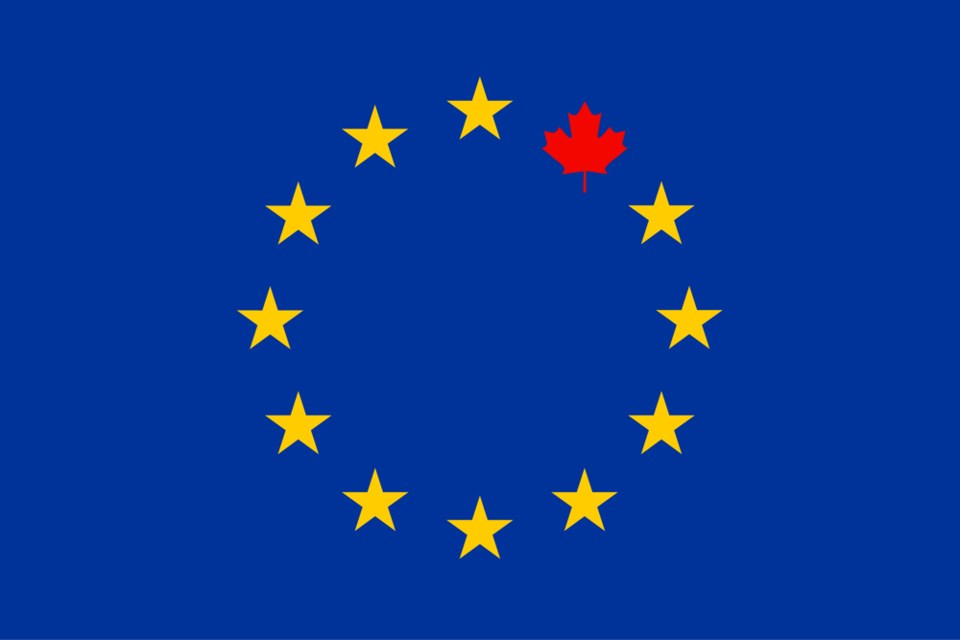Readers were more or less evenly split on whether Canada should join the European Union in an online poll this week.
Some 46 per cent said they would vote yes in a national referendum on becoming the EU's 28th member nation — a slot the UK used to hold — and 54 per cent said they'd vote no.
The idea has been floated, a little, this week in the context of this country's on-again-off-again new trade war with the United States, and the end of a fairly untroubled continental trade partnership.
The argument for, briefly, is that Canada's main geographical and trade relationship, with the U.S., is very unequal, and there isn't much we can do if the larger partner chooses to throw its weight around. At worst, membership in the EU would let us diversify risk.
The arguments against would emerge if we were to debate it as a serious project.
Canada is not actually a European country, of course; the Maastricht Treaty, which functions as a kind of founding document of the EU, sets out that only European countries that respect EU values and are committed to promoting them may apply to join the EU.
Treaties can, of course, be amended, though we should note that so far 10 EU countries' national parliaments have failed to sign off on a free trade deal with Canada; it's hard to imagine that they would be more open to Canada becoming an actual member.
On our side, it's easy to imagine enthusiasm cooling as we debate coming under what in effect is a transnational government with its own complex agenda, not thought through with a North American country in mind: EU membership would have deep consequences for every part of the public and private sectors, from adopting the euro to fisheries to immigration to controlling the border.
Women are more open to the idea than men:
Younger readers are less in favour:
There is a very clear left-right split, something we'll see repeated consistently:
Interestingly, joining the EU correlates with patriotism:
And, perhaps logically, has a negative correlation with wanting to join the United States:
Opponents of EU membership also tend to favour looser gun control, and oppose the use of the Emergencies Act in 2022:
Supporters of EU membership are more likely to want to want to buy an EV ...
... and less likely to have tattoos:
